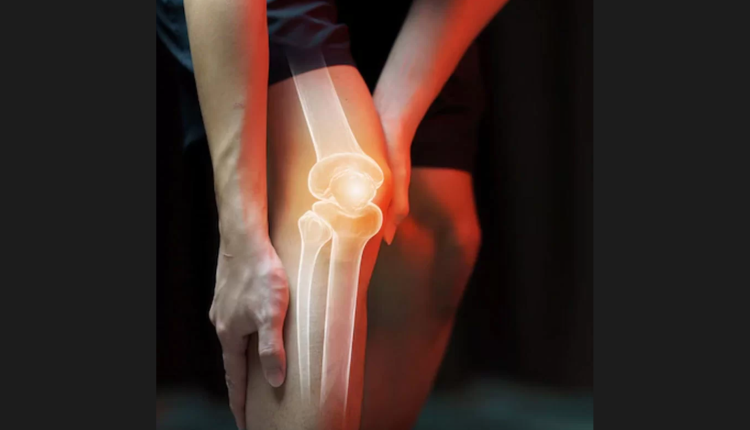Can You Regain Mobility With Hyaluronic Acid Knee Injections? UK Doctors Answer
Joint pain and reduced knee mobility are common concerns as we age or recover from injury. For many, these issues are linked to a gradual breakdown of cartilage and a thinning of the joint’s natural lubricating fluid, resulting in stiffness, discomfort, and difficulty with everyday activities.
Thankfully, in recent years, the field of regenerative medicine has focused on non-surgical methods to treat these problems—and hyaluronic acid injections have emerged as a promising solution.
What Is Hyaluronic Acid & How Does It Work?
While in 2025, hyaluronic acid may be more famous for its applications in skincare, it is an essential building block of the body and has impressive effects when used as a joint lubricant.
Hyaluronic acid injections work by supplementing the natural joint fluid, called the synovial fluid, which can become depleted or less effective due to ageing, injury, or conditions like osteoarthritis.
The injections help restore lubrication and cushioning within the knee joint, reducing friction between the bones and alleviating discomfort during movement. By enhancing shock absorption and promoting smoother joint motion, patients often experience a significant reduction in pain and an increase in mobility.
In addition to easing pain, these unique gel injections can also reduce inflammation and potentially slow the progression of cartilage deterioration.
When Will It Take Effect & How Long Does It Last?
Typically, the effects of hyaluronic acid injections are felt within a few days to a few weeks after treatment and can last between six months to a year, depending on your condition and activity level.
To maximise these effects, the procedure should be done with the assistance of advanced imaging technology; ultrasound is typically the most popular. This will ensure that these injections are directed to the precise point of the knee joint that is responsible for your pain and mobility issues.
When Is It Recommended?
Professor Paul Lee, MBBch, MRCS, MFSEM (UK), MSc (Sports Med), PhD, FEBOT, FRCS (Tr & Orth) of London Cartilage Clinic recommends hyaluronic acid injections as one of the best low-risk treatments that patients can try to improve their joint mobility, stability and flexibility before electing to go under the knife.
However, hyaluronic acid knee gel injections are not the right choice for every patient nor for every body. Some individuals may benefit more from other cutting-edge treatments, such as platelet-rich plasma (PRP) therapy, stem cell injections, or physiotherapy-based rehabilitation plans.
These non-surgical options continue to evolve, and when guided by an experienced specialist, they offer real hope to patients looking to regain mobility and quality of life without the risks of surgery.


Comments are closed.